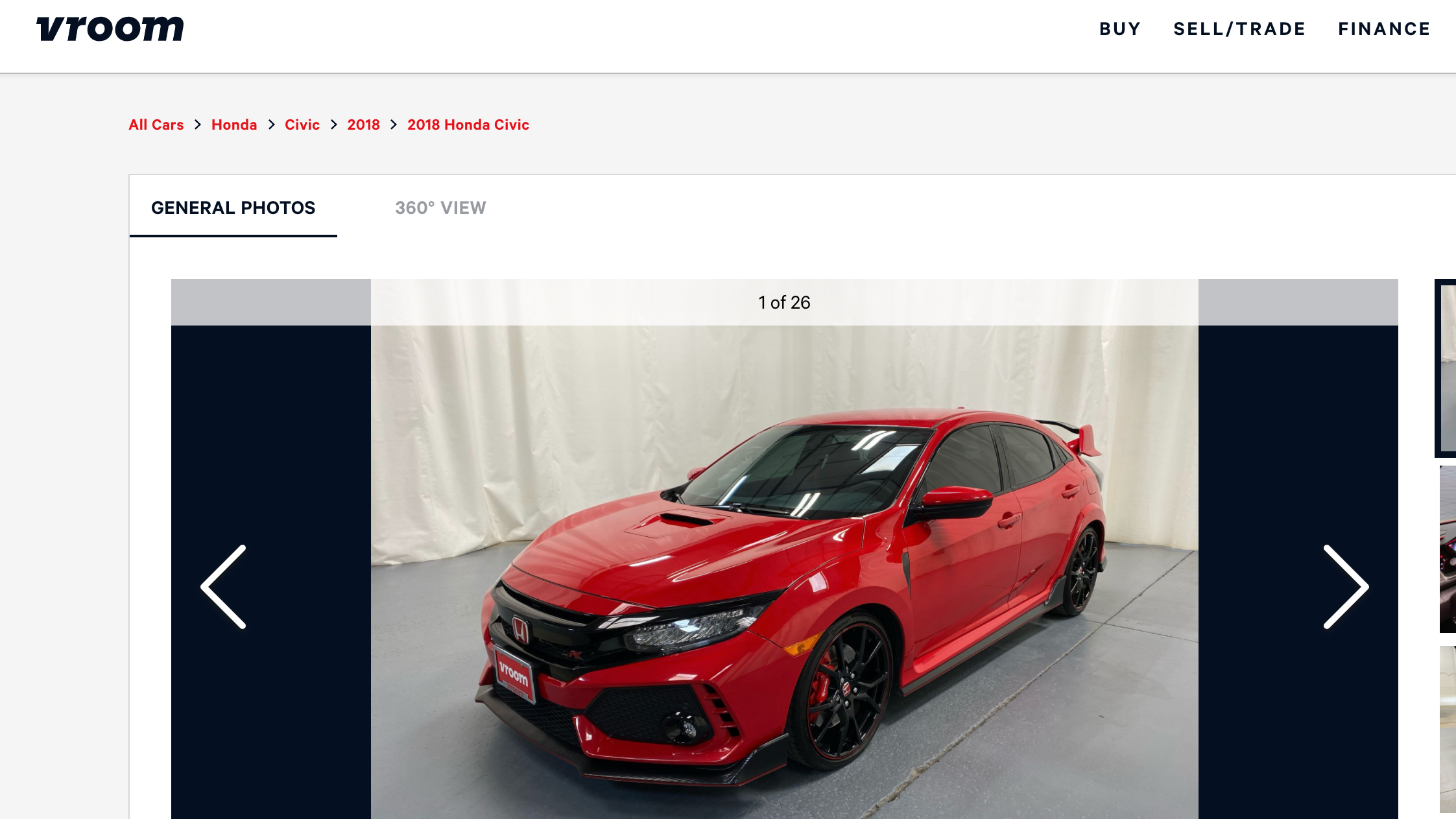Online Used Car Retailer Vroom Faces Investor Lawsuit After Posting Massive Fourth Quarter Losses
Despite impressions early last year that online retailers like Carvana and Vroom would likely only benefit from the complex pandemic sales landscape, investors in Vroom are now filing a class action lawsuit against the retailer for allegedly misleading them with regard to the health of the company before posting a massive 41.9 percent jump in losses in the fourth quarter.
The lawsuit is on behalf of any Vroom investors and stakeholders who moved securities in the company from Nov. 11, 2020 to March 3, 2021. The suit alleges Vroom leadership failed to disclose critical material facts about the company's prospects and repeatedly made false or misleading statements to investors in the last fiscal year.
Vroom announced its fourth quarter and full 2020 financial results after the market closed on March 3. Gross profit per unit dropped 13.1 percent and net losses jumped 41.9 percent to $60.7 million, despite revenue growing 14.1 percent to just over $400 million in the fourth quarter.
However, surprisingly only 43 percent of that revenue came from Vroom's e-commerce operation, the rest coming from physical retail or wholesale.
E-commerce vehicle gross profit per car sold was reportedly only $878. The following day, March 4, 2021, Vroom's stock price plummeted 27.9 percent to a value of $31.61, a loss of $12.29 per share.
Here's what's outlined in detail, according to the press release shared by the Law Offices of Howard G. Smith via Buisnesswire:
Specifically, Defendants failed to disclose to investors: (1) that Vroom had not demonstrated that it was able to control and scale growth in respect to its salesforce to meet the demand for its products; (2) that, as a result, the Company was forced to discount aged inventory to move through its retail channels or liquidated in its wholesale channels; (3) that, as a result, the ecommerce gross profit per unit was reasonably likely to decline; and (4) that, as a result of the foregoing, Defendants' positive statements about the Company's business, operations, and prospects were materially misleading and/or lacked a reasonable basis.
While online sales make up just one percent of the used car market today, J.P. Morgan has previously estimated that companies like Carvana, CarMax, Shift, CarLotz and Vroom could help the space grow up to 12 percent market share by 2030. However, for the time being, the distribution of the tiny concurrent one percent of sales is a tiny enough margin for a company like Vroom to struggle enough to potential now fail.
Last month, Automotive News reported that CarMax, which is the current market leader, controls "just less than 2 percent of sales. Combined sales of Carvana, Vroom, Shift and CarLotz make up less than 1 percent." You now see why those reported profit margins were so tiny. Considering how much money Vroom is losing, and considering it claims it only needs to invest more into staffing to move more cars, but the name is starting to sound like "gloom."
